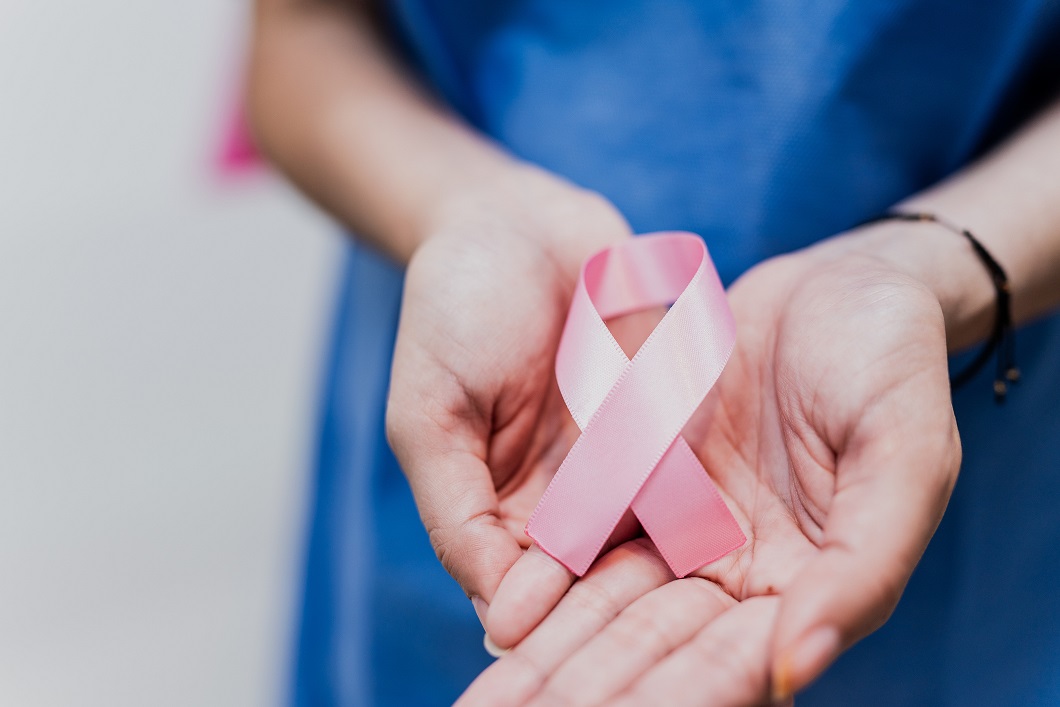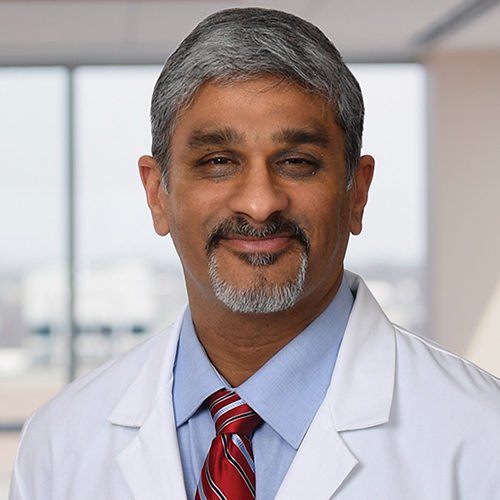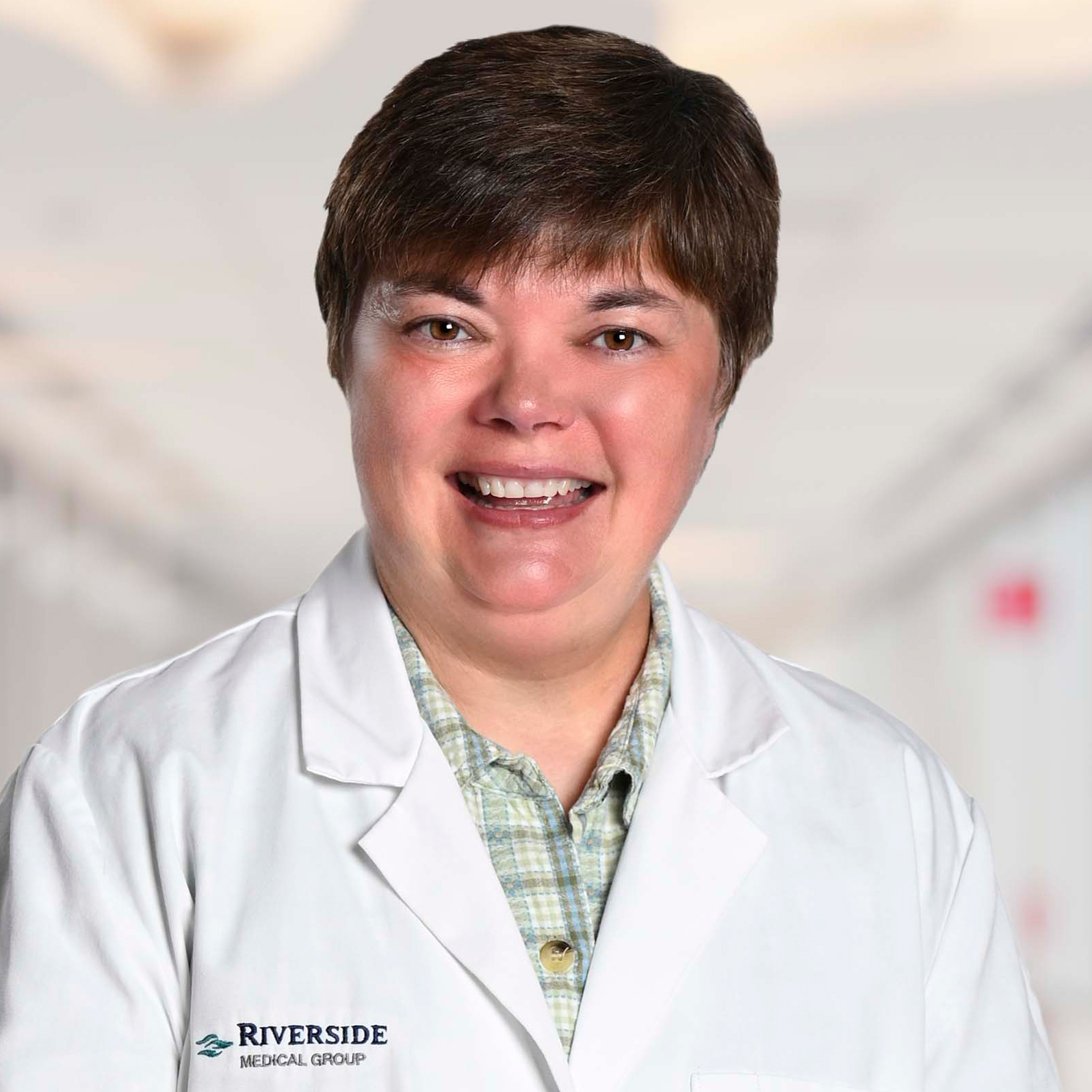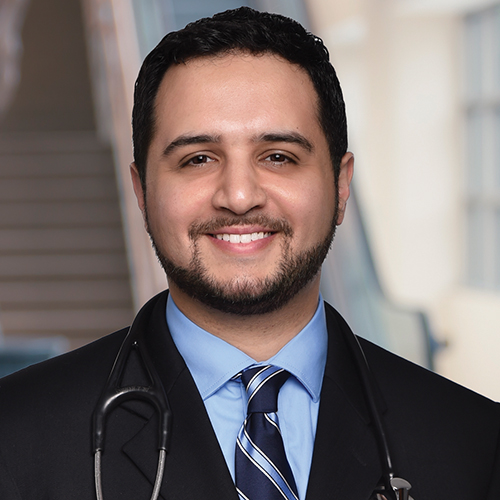An Unexpected Cancer Journey: One Woman’s Brave Story
February 19, 2025
Tags: Breast Cancer, Oncology
A cancer diagnosis is a shock, no matter if a person has a family history and the possibility is always in the back of one’s mind. That’s exactly the experience Sheri Richie had when she received the news that she had breast cancer after an abnormal mammogram and subsequent ultrasound.
“After the ultrasound was done, the tech went and got the doctor. And when she came in, they both looked sad and you could tell they were trying to figure out how to tell me. I already knew then. I just knew what she was going to say,” she shares.
Yet, instead of dwelling on fear, she took immediate action, focusing on a plan to beat the disease. Initially, Sheri was anxious about her treatment, fearing their doctors might not be able to help, but her medical team’s positivity reassured her.
As a natural planner, Sheri structured her approach by staying positive, strictly following medical advice, and rejecting alternative treatments like skipping chemotherapy. She also prepared for difficult moments by implementing strategies to support her mental and emotional well-being. One crucial component that contributed to Sheri’s emotional health was having a solid support system in her husband, grown children, extended family, friends, work colleagues, and church members.
Navigating the Cancer Treatment Process
No one cancer journey looks the same. For Sheri, the most troubling side effects of her treatment were incredibly thin and sensitive facial skin, diarrhea which led to extreme weight loss, neuropathy, and hair loss—which came on quickly. Despite that devastating side effect, Sheri still tried to remain positive.
“I tried to prepare for it, based on what I read online and what people had told me. Everything I had read said that after your second treatment, give it two days and you're going to start losing clumps of hair,” she notes. “However, mine started a couple days after my first treatment. It just started falling out. That was heart wrenching. So, I went to my beautician and had her shave my head.”
Another significant struggle Sheri faced throughout her treatment was nutrition. Thankfully, she had the help and guidance of a nutritionist. She adapted her diet, following the 80-20 rule—eating healthy 80% of the time while allowing some indulgences. She initially cut out certain foods, including Coke Zero and M&Ms—two of her favorites. But, over time, her cravings changed, and she no longer felt the same attachment to those foods.
Sheri also found enjoyable healthy options via the Yuka app, which helps assess food choices by scanning labels. This app provided much-needed guidance and prevented her from feeling overwhelmed or discouraged about her diet.
“A wonderful lady in my support group told me about the app, which scans your food labels and tells you if it's an excellent choice, a good choice, or a poor one,” she explains. “That really helped me because I was getting kind of depressed about food and what to eat. I don’t like a lot of traditional healthy foods like salmon and avocado. So I was like, ‘What am I going to eat? I'm just going to eat for nutrition, I guess, and just not enjoy what I'm eating.’ Then this app came up and it just saved me.”
Avoiding Breast Implants: A Personal Decision
Sheri decided against moving forward with breast implants after her double mastectomy. This was a personal decision; but one that wasn’t without moments of emotional distress. She found a great alternative, though, in a product called The Busted Tank®.
“It just gives you a little something. I mean, obviously you could look like Dolly Parton if you wanted, but I just wanted something very subtle. It's very comfortable, I wear it all the time,” she shares. “But, until I found that, I was feeling a little bad about not having my breasts.”
Sheri's Reality Today
Today, Sheri is cancer free but continues to receive immunotherapy treatment. Thankfully, this therapy doesn’t have negative side effects like the chemotherapy she went through in her initial cancer treatment process. She is looking forward to a trip to California to see her son—something she had to put on hold when she received her cancer diagnosis.
And, Sheri continues to participate in a support group so she can stay positive about her outcome and also lift others up at the same time. “This group is being used for us to keep our cancer at bay. So, it includes ideas to sort of supplement what we've already done and that will help keep us healthy. What we can control, anyway, to stay cancer free,” she states. “Such a wonderful support group. There are usually five or six of us that come each month, and everybody's a bit at different stages, but we're very close.”


